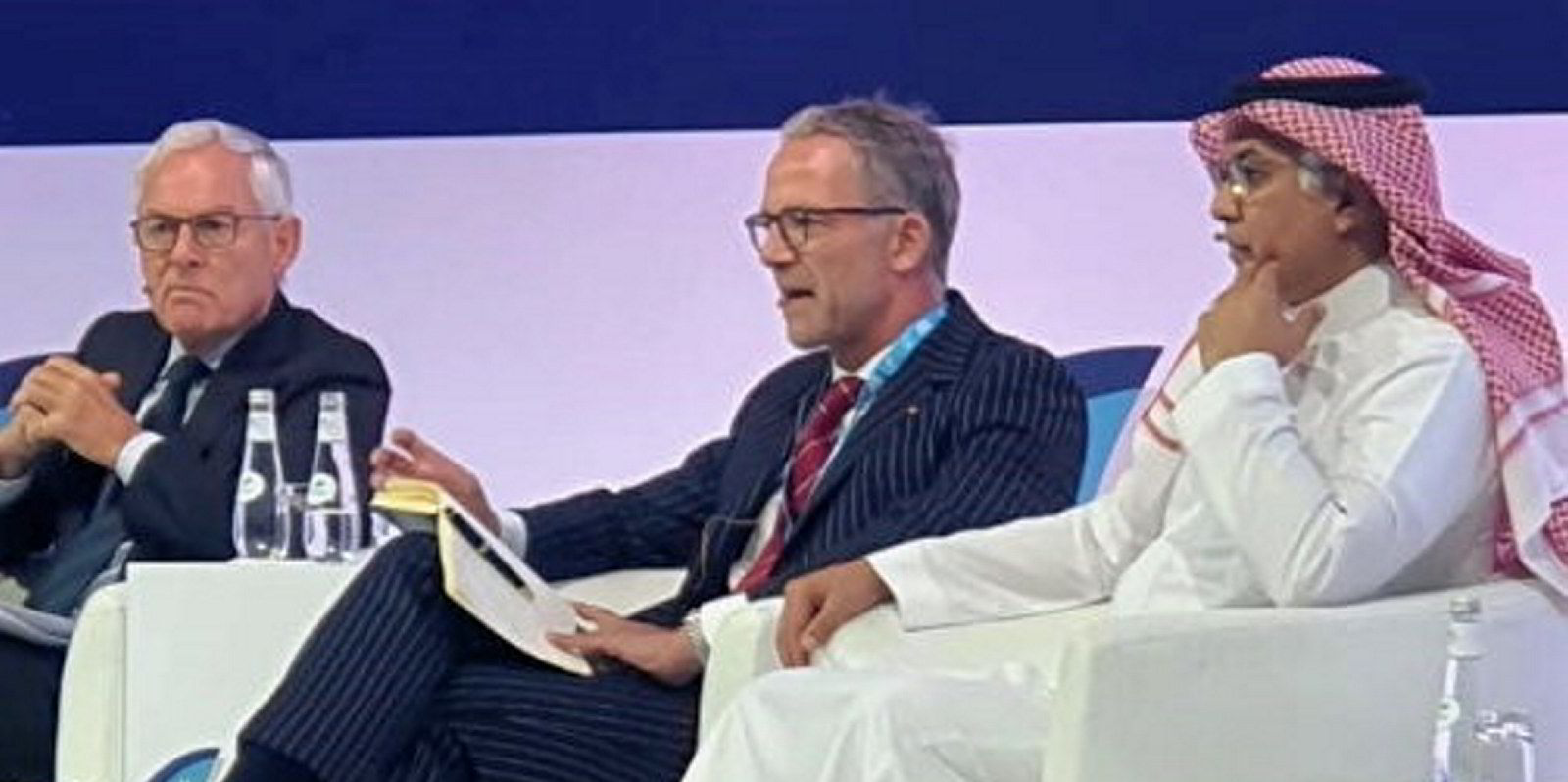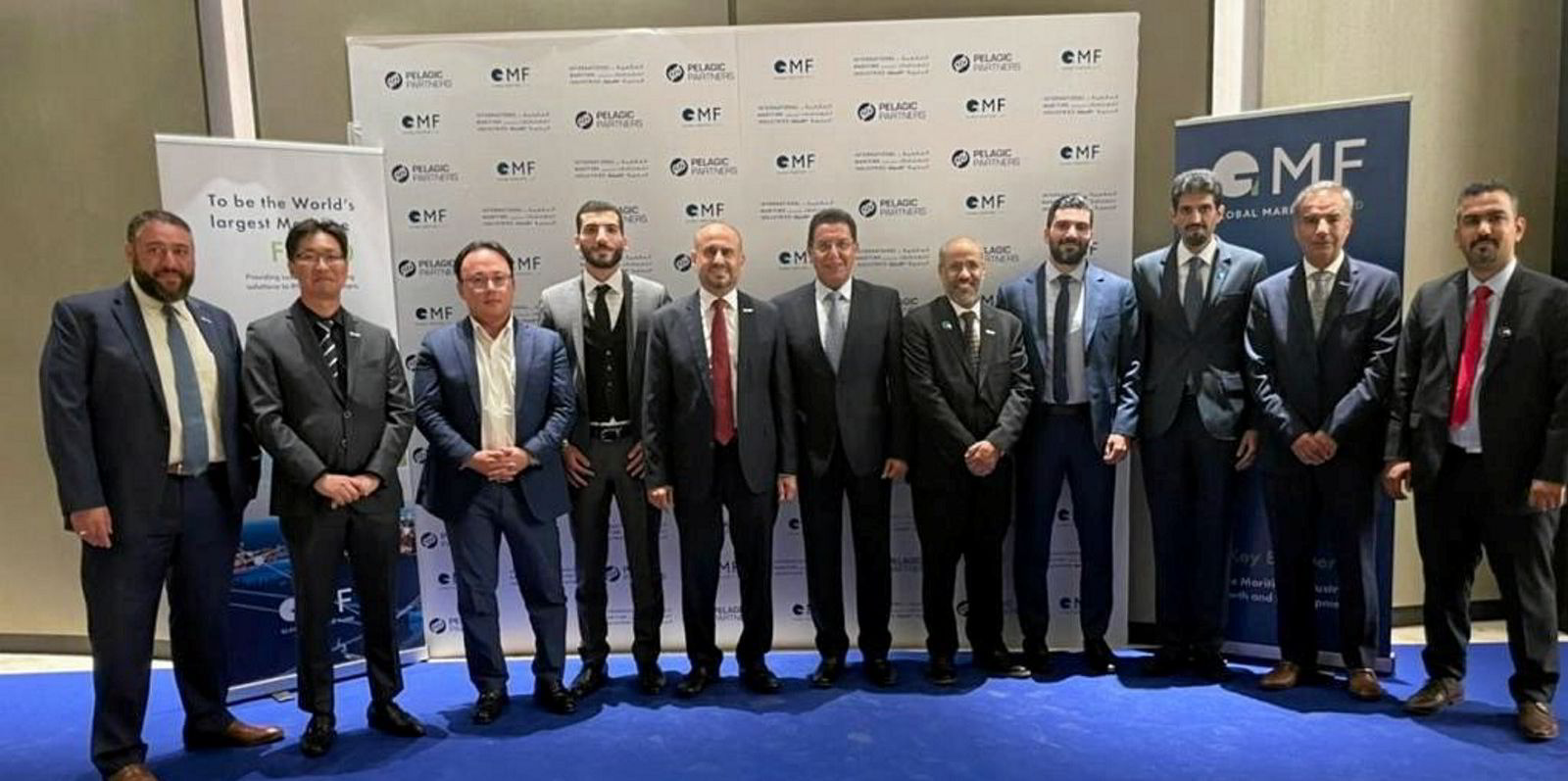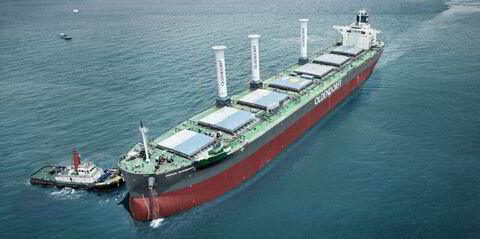Saudi Arabia’s plan to diversify from oil production should not just be seen as a regional aspiration, according to a leading ship manager.
Columbia Group chief executive and Intermanager president Mark O’Neil told the Saudi Maritime Congress in Dammam that the programme has a “global significance”.
“Given the collective determination and financial strength of the kingdom, the Vision has the potential to set the bar by which all other global maritime and offshore clusters will be judged,” he said.
O’Neil told delegates the shipping industry should understand that Vision 2030 is not about Saudi Arabia merely catching up with the rest of the international shipping and offshore industry.
“It is about overtaking. It is about becoming the bar by which other clusters are judged,” he added.
The group’s Columbia Shipmanagement (CSM) has invested significantly in the country, setting up an operation in Dammam that will contribute to technological development efforts for vessel management.
In February, the manager sealed an agreement to help expand the Middle East’s biggest shipyard.
The Cyprus-based company signed a memorandum of understanding with International Maritime Industries (IMI), a joint venture between oil giant Saudi Aramco, Lamprell, VLCC owner Bahri and Hyundai Heavy Industries.
The deal is an expansion of a partnership agreed six months before that to explore opportunities in the maritime sector.
CSM is seeking to boost Saudi Arabia’s capabilities in shipbuilding, ship repair and engineering.
‘How can we help?’
“When we came into the kingdom and set up CSM Saudi Arabia, we looked at how can we assist, how can we support Vision 2030?” O’Neil said.
CSM also examined how its fleet performance optimisation capability could overtake international standards and set a new benchmark.
The company now manages an offshore supply vessel and one jack-up rig that O’Neil believes are the first offshore assets worldwide that are truly “smart.”
“And it happened here in Saudi Arabia and it happened with CSM. That is sending a message to the world that Vision 2030 is not just a regional aspiration,” the CEO concluded.




